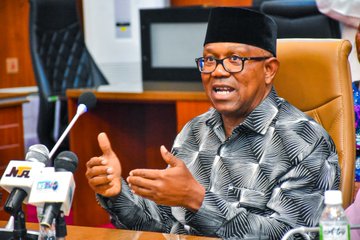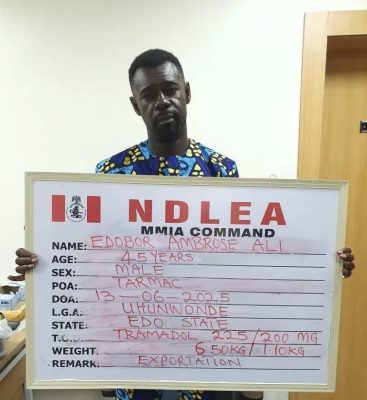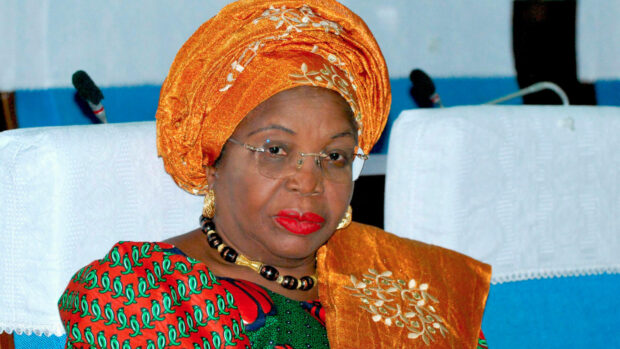
Nigerian Oil Hits Near-$80 Mark Amid Middle East Tensions
Nigeria’s main crude oil grades—Bonny Light and Escravos Light —are now trading close to the key $80 per barrel level. This rise follows growing fears over a potential escalation in the conflict between Israel and Iran .
On Friday, Brent crude futures surged nearly 8% , fueled by concerns about regional instability after Iran vowed to retaliate for recent attacks by Israel.
This market movement has directly affected Nigerian crude, with both Brass River and Qua Iboe nearing the $80 mark.
According to data from OilPrice.com , Brass River is currently trading at $77.09/barrel , up $5.24 (7.29%) , while Qua Iboe stands at $77.14/barrel , also up $5.24 (7.29%) .
Though this price jump offers some relief to Nigeria’s strained budget, it highlights how vulnerable the country remains to global political events far beyond its control.
Rising Fears Over Middle East Supply Disruptions
The recent spike in Nigerian oil prices mirrors broader market anxiety over possible disruptions in the Middle East , a vital region for global oil supply and shipping.
Even without direct damage to production or tankers, the threat of conflict in the Persian Gulf —especially around critical routes like the Strait of Hormuz —is enough to push oil prices sharply higher.
As buyers grow wary of risks in the region, they are turning to alternative sources of supply from more stable regions.
This shift works in Nigeria’s favor.
Why Nigerian Crude Is Benefiting
Nigerian crude varieties, especially Bonny Light , are highly valued internationally because they are light and sweet —meaning they have low sulfur content.
These qualities make them easier and cheaper for refineries to process into fuels like gasoline, diesel, and jet fuel , which meet strict environmental standards in major markets.
During times of Middle East unrest, demand for these reliable Atlantic Basin supplies typically rises, pushing their prices above global benchmarks like Brent crude .
Call to Action: Share Your Thoughts!
What do you think about Nigeria’s heavy reliance on global geopolitics for oil revenue? Should the country diversify faster?
💬 Leave a comment below and join the discussion on Nigeria’s energy economy and future strategies.
📢 Don’t forget to share this article to spread awareness about how international conflicts impact local economies.
🤝 Want to stay updated on Nigeria’s oil sector and global energy trends? Follow our business section or subscribe to energy news updates.
















Be the first to leave a comment